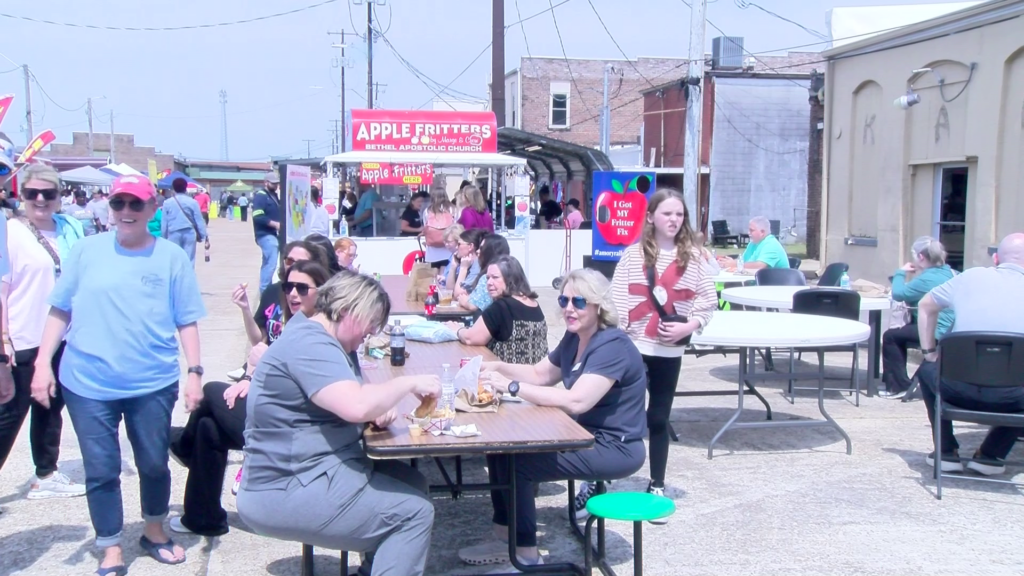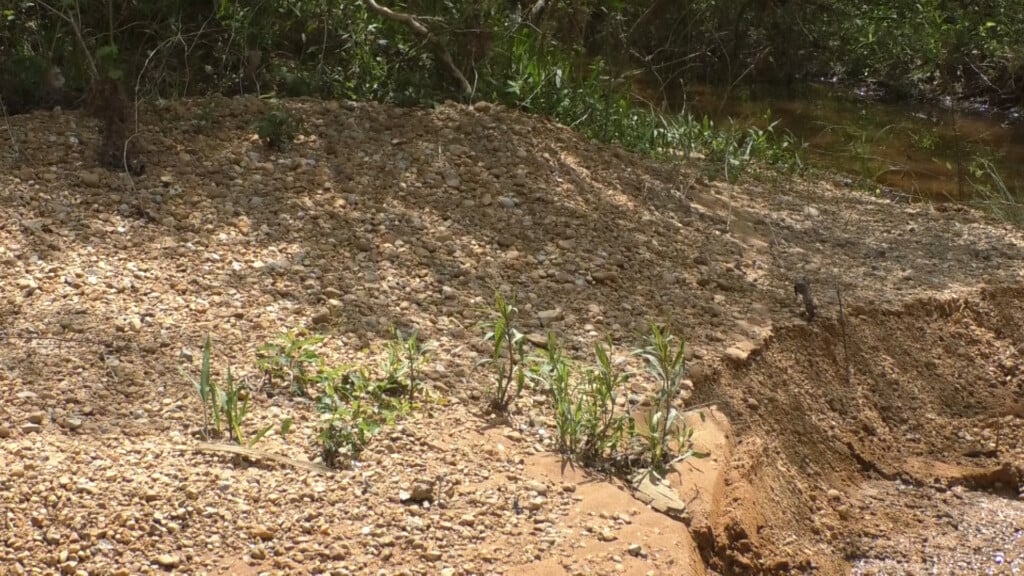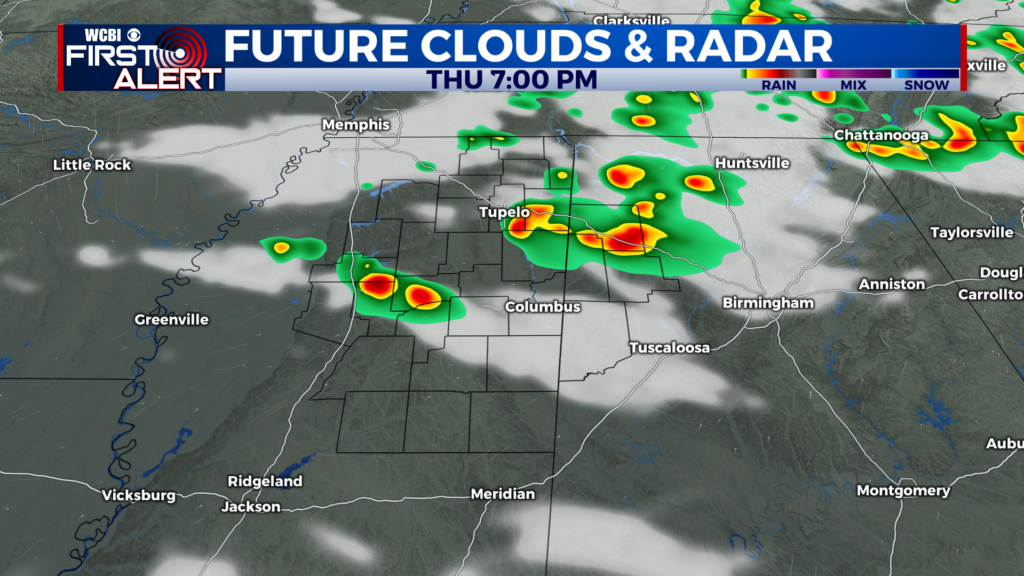Area sheriff explains the process of what happens to confiscated drugs
COLUMBUS, Miss. (WCBI) – Drugs like marijuana, fentanyl, and methamphetamine are illegal to have and if you’re caught with them, you’re likely to end up in court, but what happens to the drugs after the gavel hits the desk?
Drug crimes are common across this part of the state, and when someone is arrested for possessing or trafficking, those drugs are confiscated but most of the time we never know what happens to them after court.
You just got off of work you sit down, turn the TV on and you hear that someone has been arrested for a drug charge.
After the person is arrested and throughout the investigation and trial, those drugs aren’t always stuck on a shelf somewhere.
“When our officers see drugs nine times out of 10 they are going to the Mississippi Crime lab for analysis so we know exactly what it is that we are dealing with. Once we know what we are dealing with the drugs come back to our office for court purposes because if you try somebody for a court case you obviously have to have your evidence there and the District Attorney has to enter that into evidence,” said Winston County Sheriff Jason Pugh.
Once the trial is over and those drugs are no longer needed as evidence, Pugh said there is another process, and it begins with a call to the Mississippi Bureau of Narcotics.
They have the facilities to dispose of the drugs properly.
“Once we get to a point where the court case is cleared. If the appeal process is over with and we don’t need this anymore then it can get bagged up and be given to the MBN agent and transported to Jackson,” said Pugh.
It sounds simple but it’s a lot more tedious than just setting a fire and throwing the drugs in.
“People in the law enforcement business know that this has been going on for years. Everything gets tagged and it’s done by case number and then it’s given to an MBN agent and they head to Jackson and it’s incinerated in their facility in Jackson,” said Pugh.
And it may sound kind of dangerous to burn dangerous and deadly drugs such as fentanyl or even bags of marijuana but Pugh assured others that it takes a certain temperature and professionals to do it right.
“You can’t take this to a landfill and you can’t take this to a barrel in your backyard. You’re talking about some pretty heavy chemicals a lot of the time. When you start talking about fentanyl and methamphetamine and cocaine. You don’t want them fumes just floating around,” said Pugh.
Pugh said drugs are constantly changing and it’s even hard for long-term law enforcement to identify the drug at times.
For 24/7 news and updates, follow us on Facebook and Twitter




